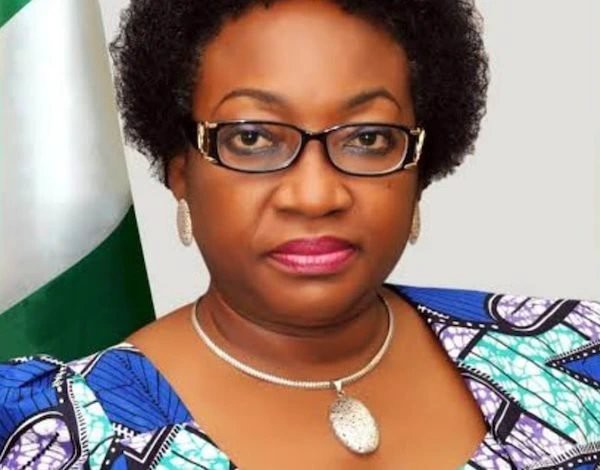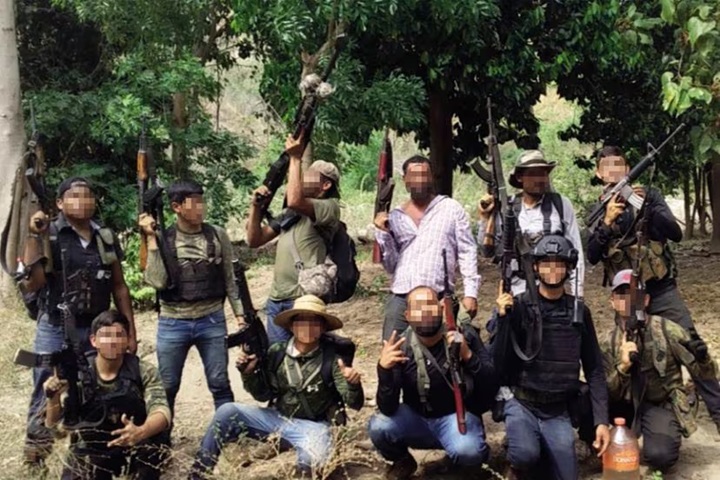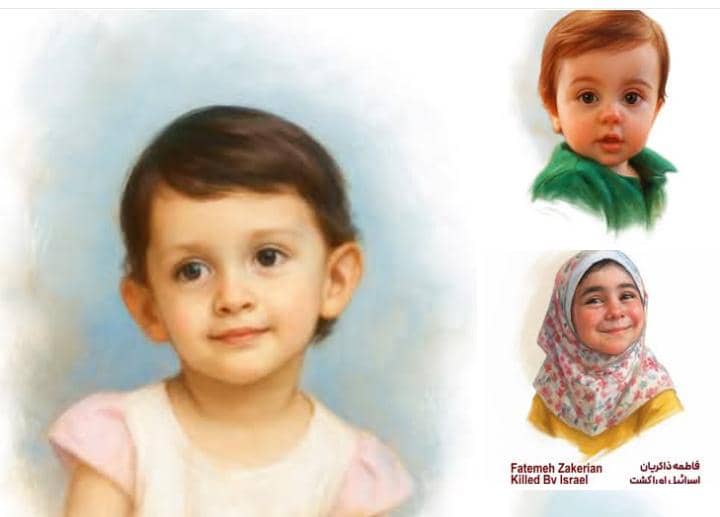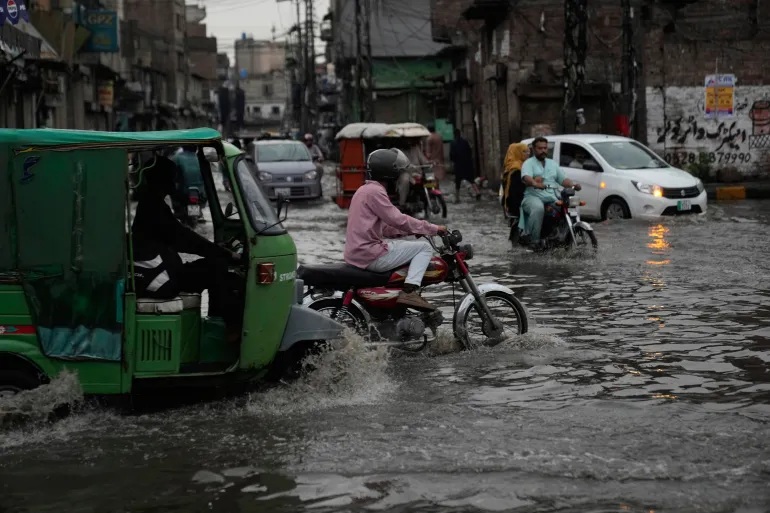Featured
Anti-Government Protests Force Bangladesh PM to Resign

The Prime Minister of Bangladesh, Sheikh Hasina, resigned on August 5, 2024, following weeks of intense and fatal anti-government demonstrations that had taken hold of the South Asian nation.
Bangladesh’s army chief, Gen. Waker-uz-Zaman, made the announcement following an incident in which protesters surged into the official residence of the prime minister in Dhaka.
The protest started with students calling for the abolition of a quota system for government jobs.
However, tensions with police and pro-government activists quickly escalated into violence, resulting in over 200 deaths last month.
The fatal protests sparked further demonstrations from citizens demanding government accountability, which eventually escalated into calls for Hasina to resign.
Clashes between police and protesters calling for the prime minister’s resignation resulted in at least 91 deaths and hundreds of injuries, on August 4, 2024.
Sunday’s death toll, which included 13 police officers, marked the highest single-day loss of life from protests in the country’s recent history.
This figure exceeded the 67 deaths reported on July 19, when students protested against the quotas, according to Reuters.
Additionally, UNICEF reported, on August 2, 2024, that at least 32 children were killed in the previous month’s protests.
The Bangladesh protest
The anti-government protests in Bangladesh, starting in late June 2024, were sparked by the controversial reinstatement of a job quota system.
The system reserved a significant percentage of these jobs for the descendants of freedom fighters from Bangladesh’s 1971 war of independence.
This decision, following a Supreme Court ruling, came amidst high unemployment and dissatisfaction with the government.
The quota system was perceived as discriminatory by many, particularly students, who felt it undermined merit-based recruitment.
Causes of the protest
The protest was fueled by a combination of factors:
Political Corruption and Authoritarianism: President Sheikh Hasina’s government faced accusations of authoritarianism, electoral fraud, and political repression.
The alleged manipulation of the 2024 general election results, which saw the ruling party maintain power, was a significant trigger.
This occurred amidst widespread allegations of vote-rigging and intimidation.
The opposition parties, including the Bangladesh Nationalist Party (BNP) and the Jatiya Party, accused the government of stifling dissent.
They also charged the government with undermining democratic processes.
Economic Disparities and Mismanagement: The economic situation in Bangladesh had been deteriorating, with rising unemployment, inflation, and poverty rates.
The government’s handling of economic policies, including subsidies and public spending, was criticized for benefiting a select few while leaving the majority struggling.
The disparity between the wealthy elite and the impoverished masses became a focal point of discontent.
Human Rights Violations: Reports of human rights abuses, including extrajudicial killings, enforced disappearances, and the suppression of free speech, further incited public outrage.
Activists and journalists faced harassment and persecution, creating an environment of fear and repression.
Casualties and impacts
The violence during the anti-government protests resulted in a significant number of casualties.
Protesters, including students, political activists, and ordinary citizens, were among the victims.
Reports indicated that several people died from gunshot wounds, while others suffered injuries from baton charges, tear gas, and other forms of police aggression.
The exact number of deaths and injuries remains contested, as the government and independent sources provided differing accounts.
The government’s response to the protests included curfews, internet shutdowns, and the detention of opposition leaders and activists.
Despite these measures, the protest movement continued to grow, with international attention and condemnation of the government’s actions.
The president’s flight
As the protests intensified and international pressure mounted, President Sheikh Hasina faced a crisis of legitimacy.
The government’s attempts to quell the unrest failed, and rumors began circulating about the president’s potential resignation or exile.
In a dramatic turn of events, President Hasina fled the country amidst growing fears for her safety and the stability of her administration.
Reports suggest that the president left Bangladesh under the cover of night, accompanied by close aides and security personnel.
The destination and circumstances of her departure were initially shrouded in secrecy, fueling speculation and uncertainty.
It was later confirmed that she had sought refuge in a neighboring country, further complicating the political situation in Bangladesh.
For Diaspora Digital Media Updates click on Whatsapp, or Telegram. For eyewitness accounts/ reports/ articles, write to: citizenreports@diasporadigitalmedia.com. Follow us on X (Fomerly Twitter) or Facebook










